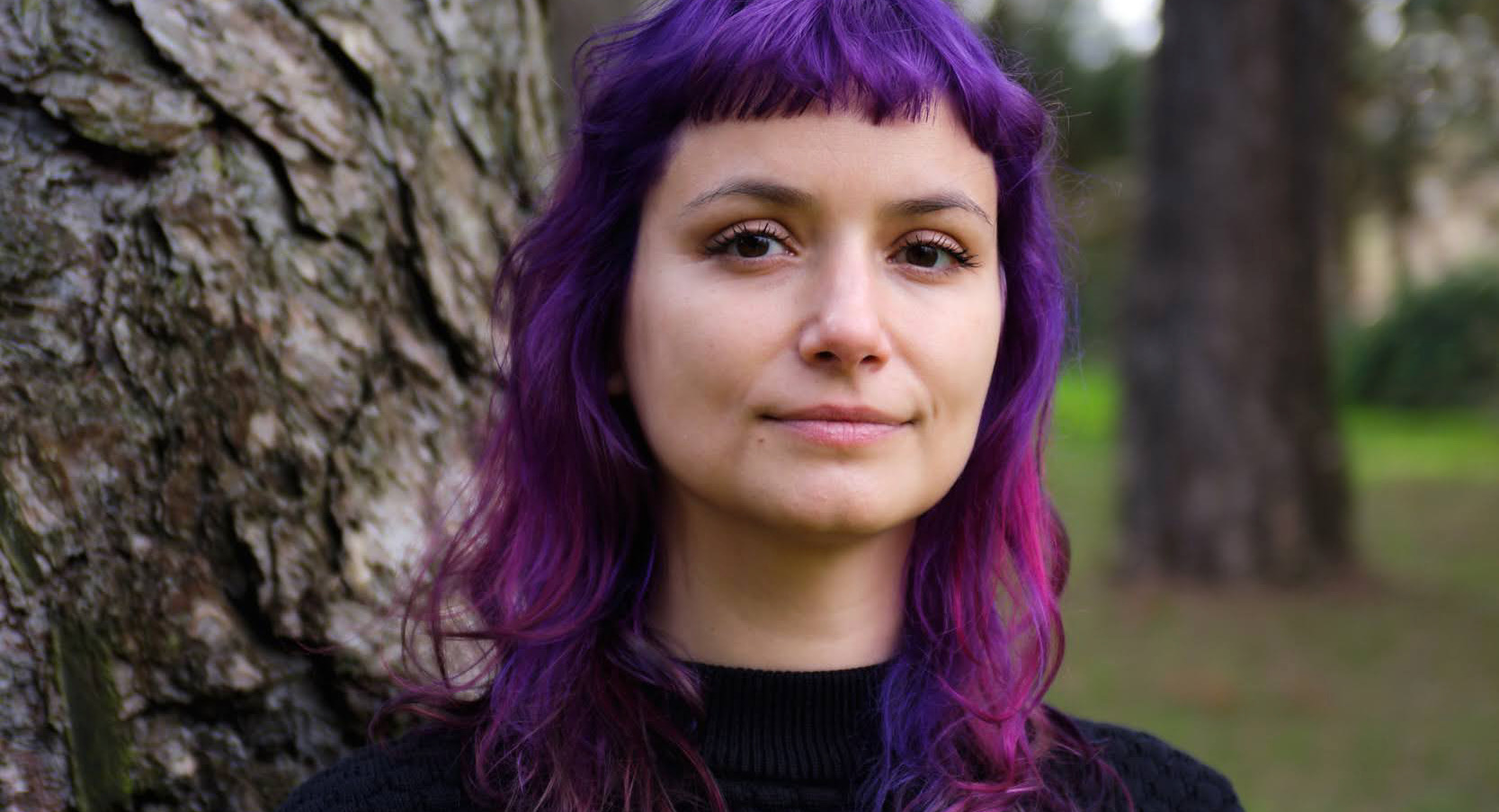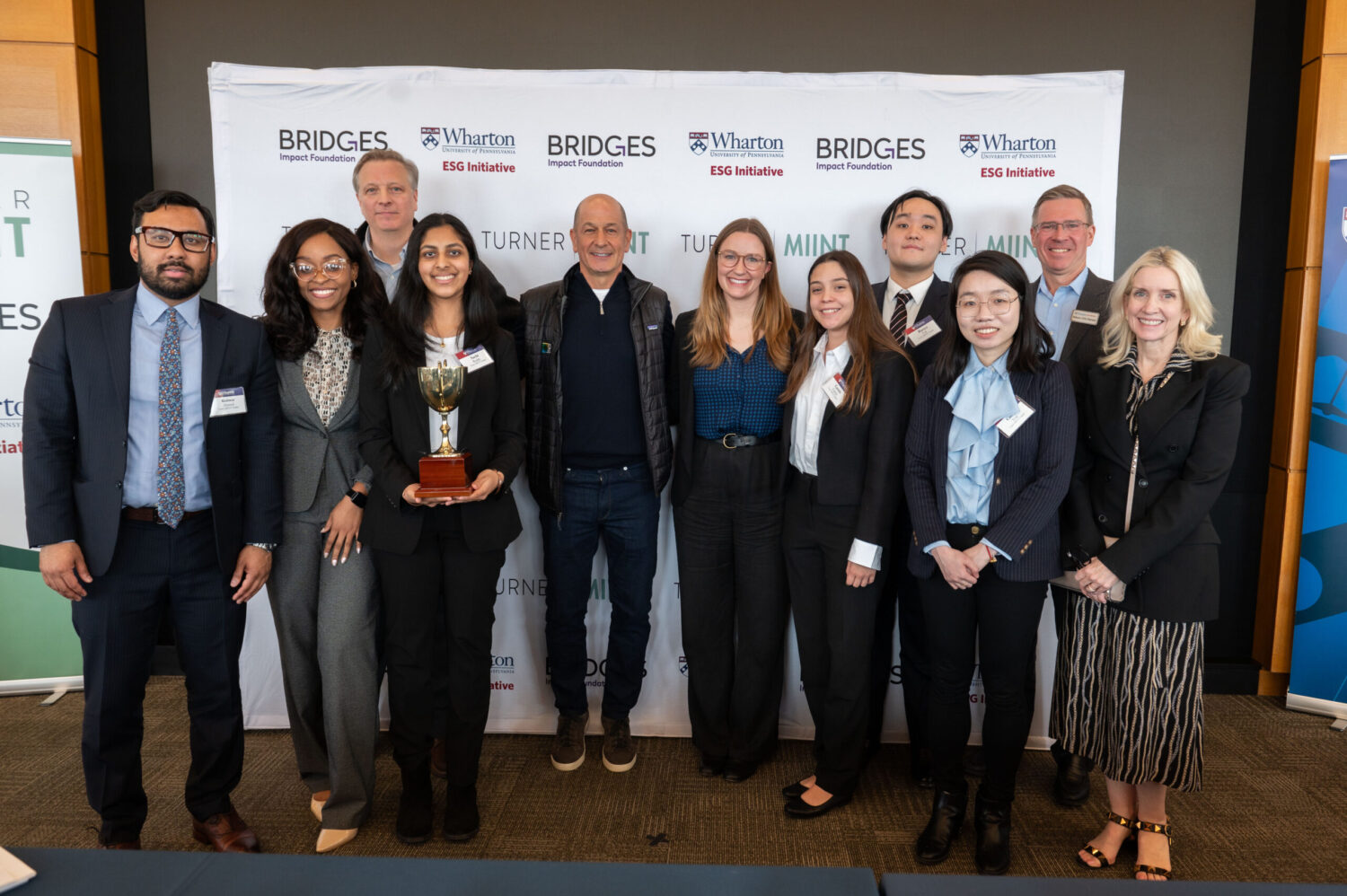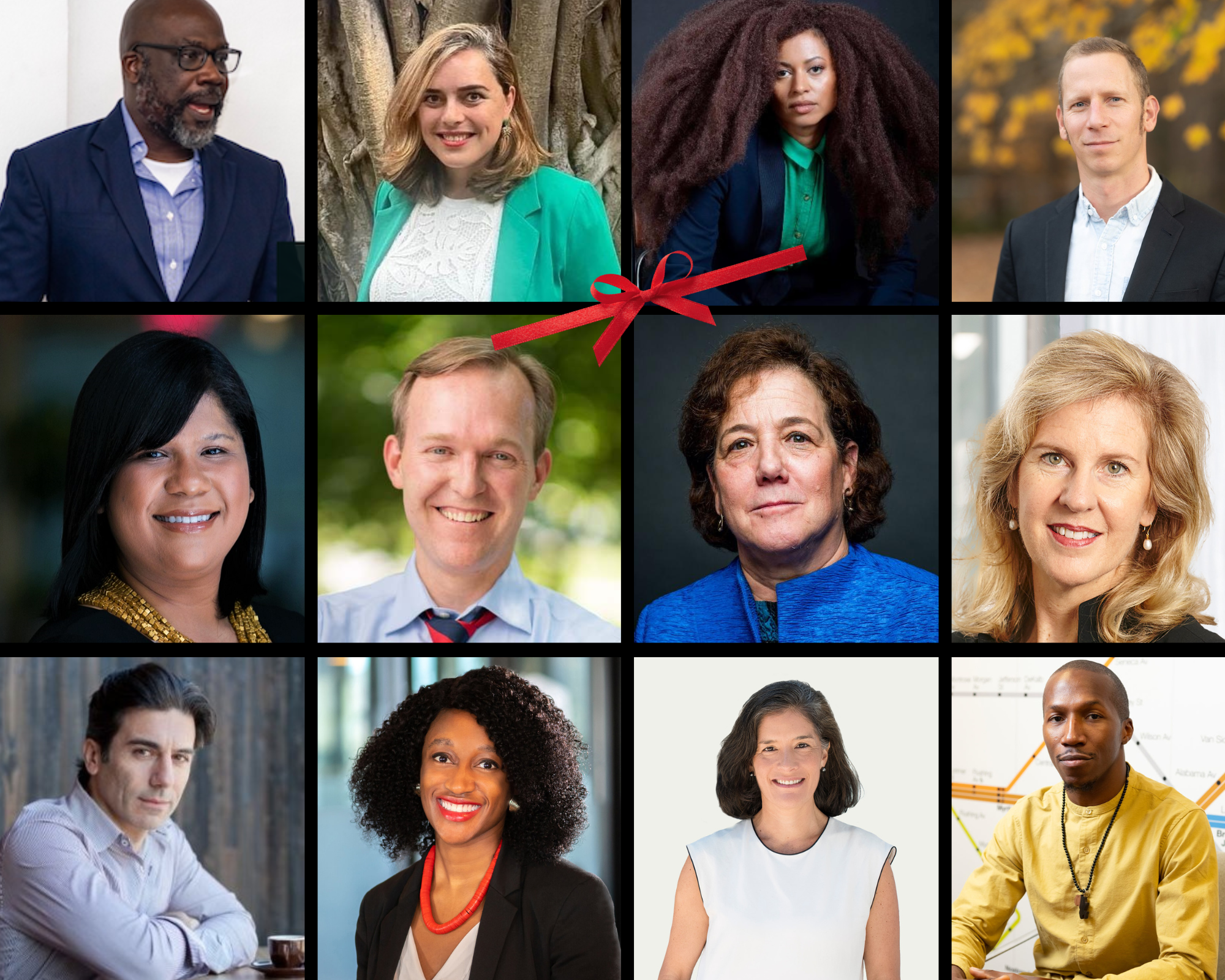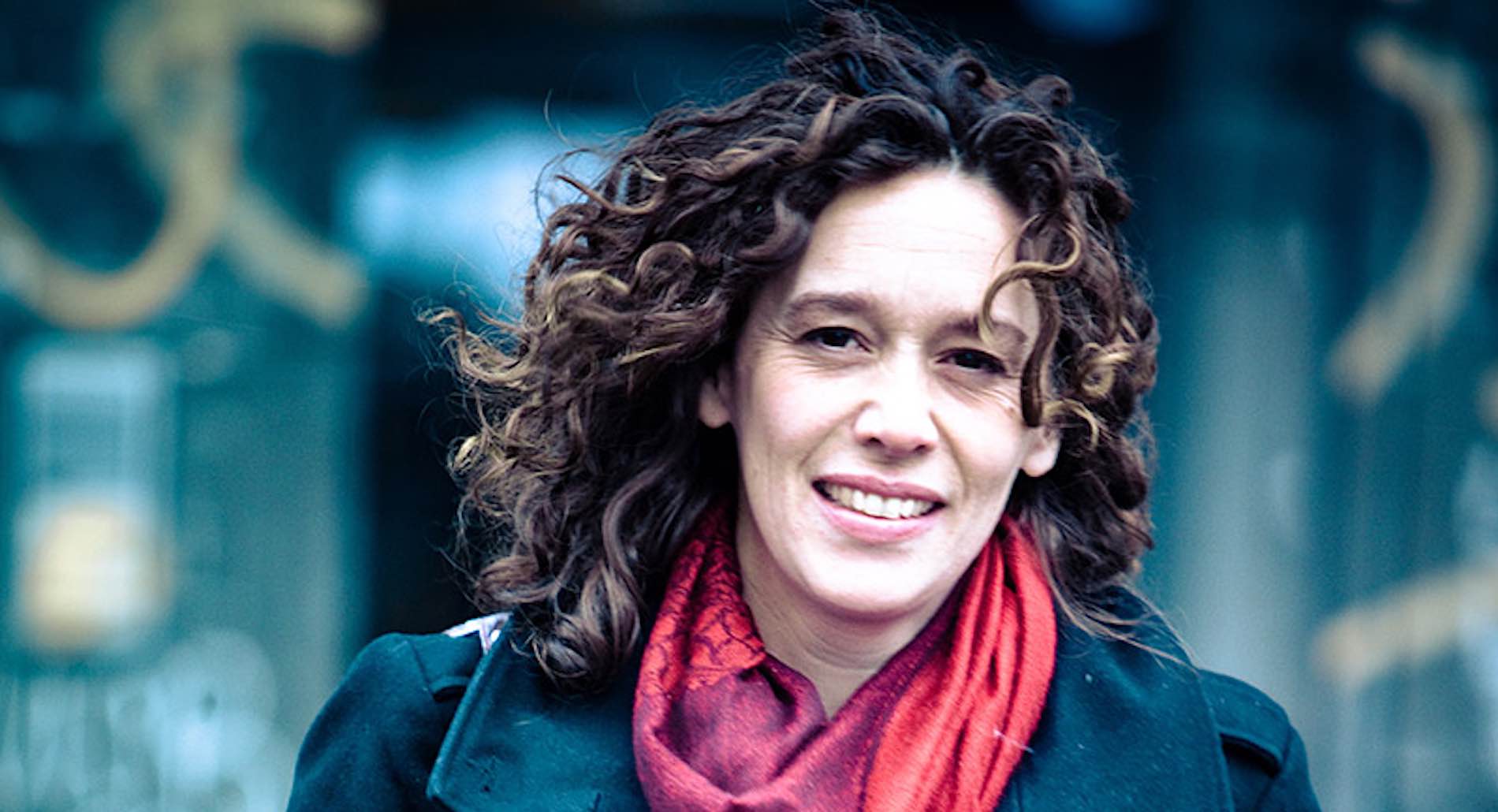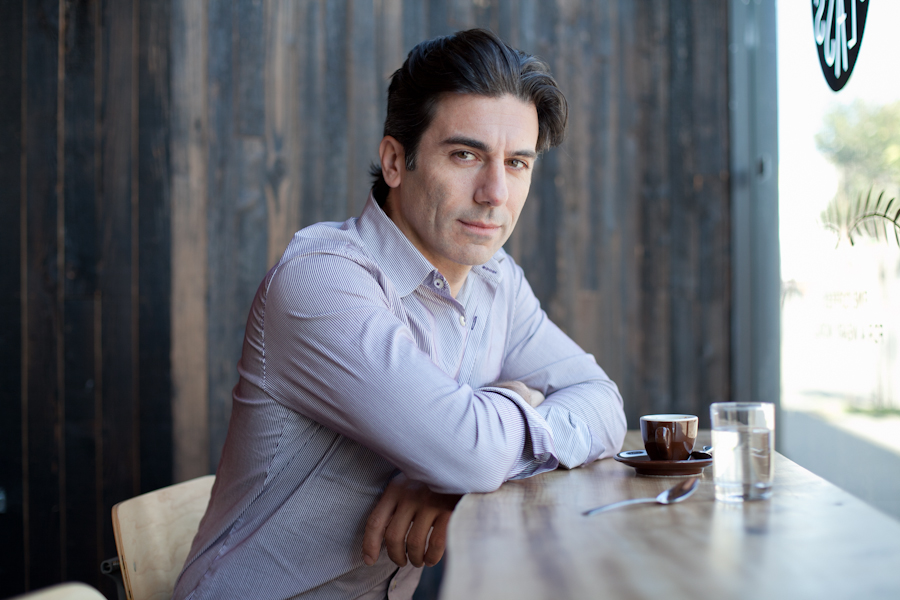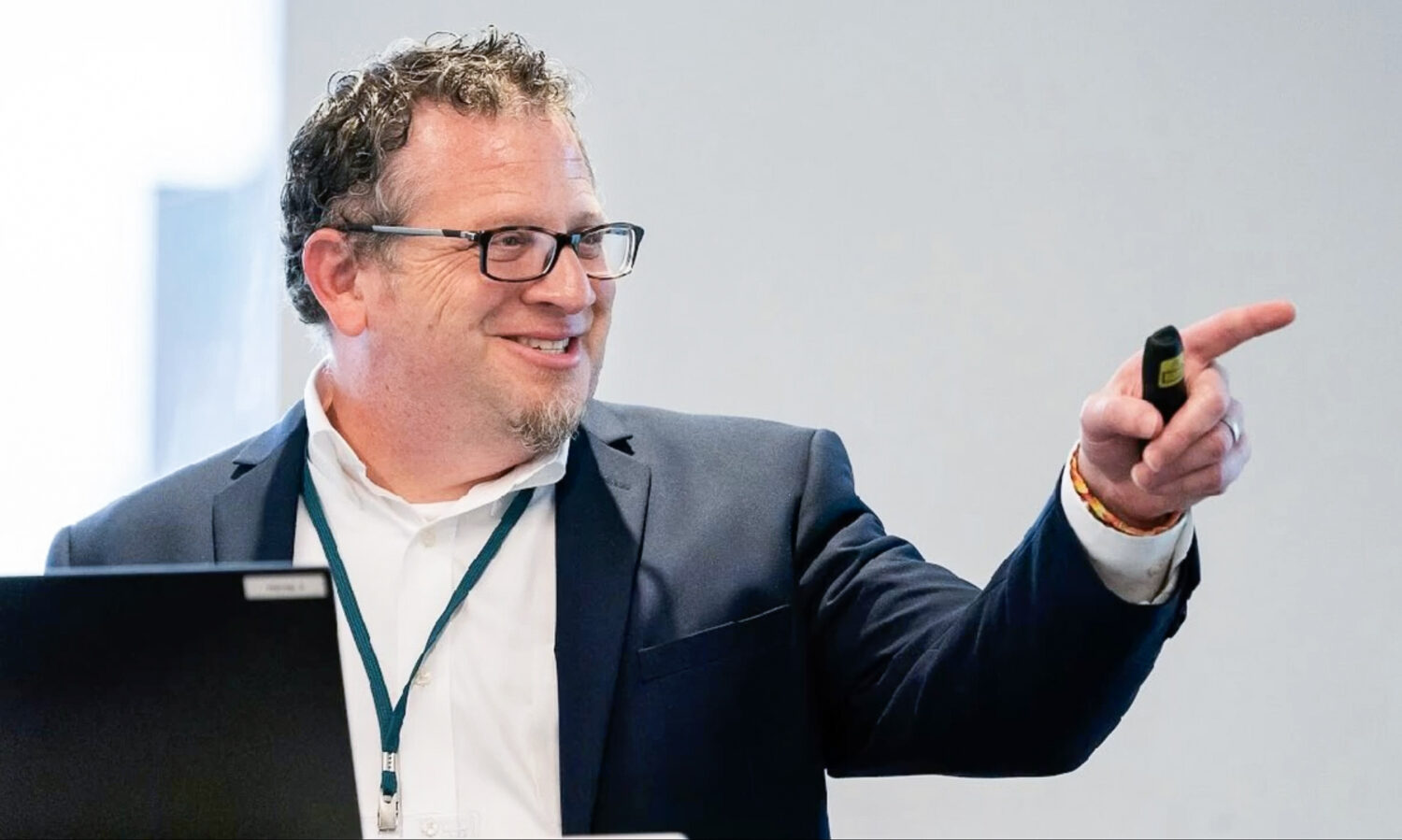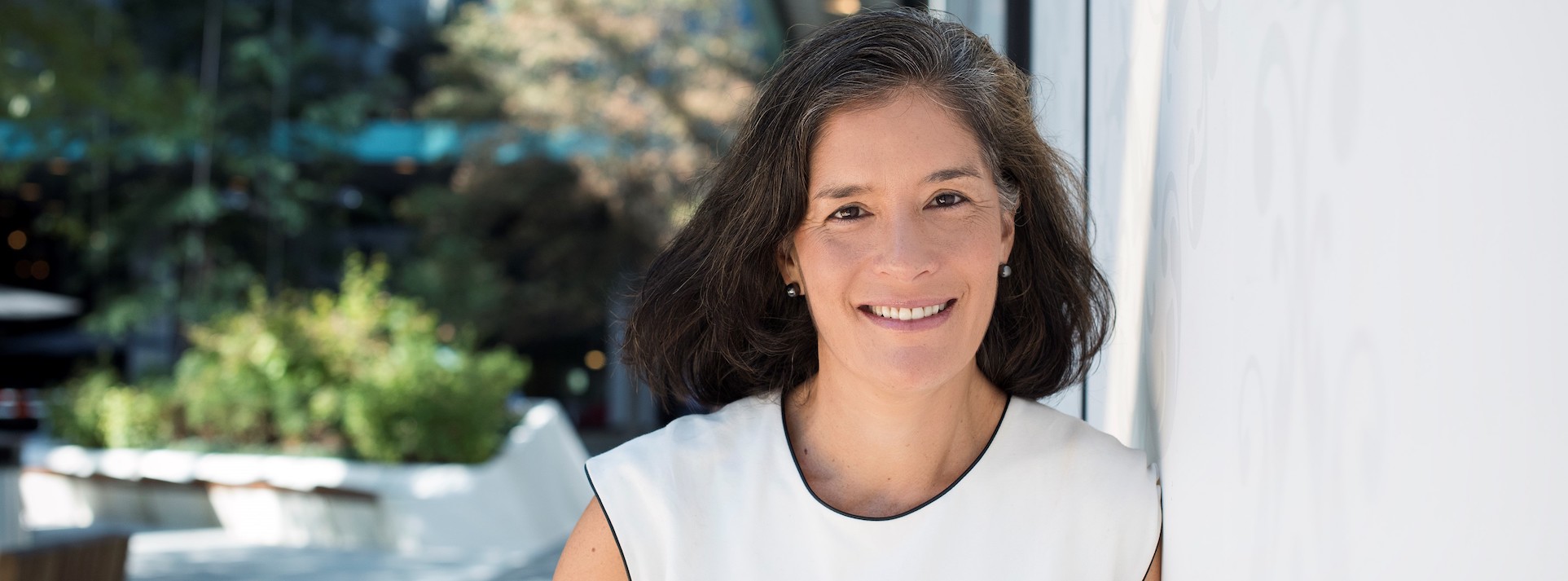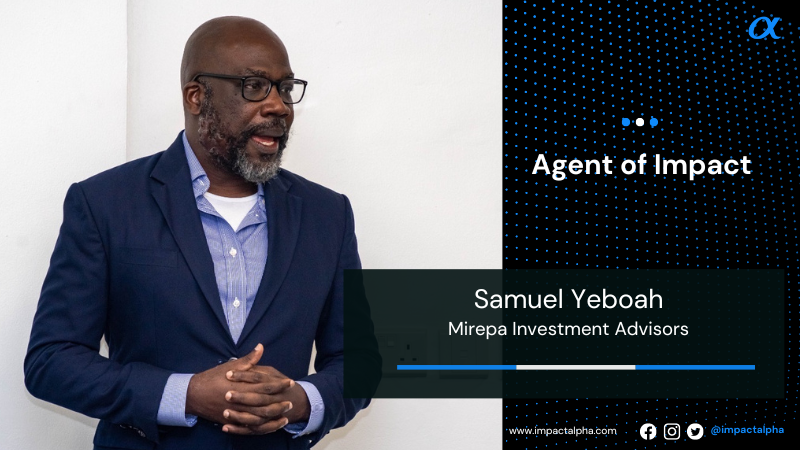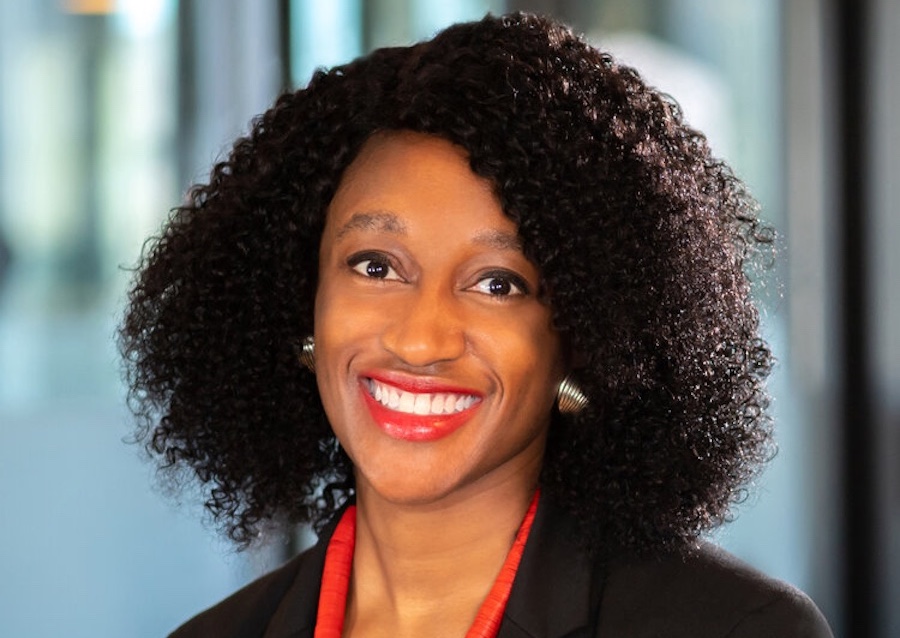ImpactAlpha, January 26 – Ines Schiller got the idea for seaweed tampons while training in South Africa to be a marine environment guide. The Berlin-based entrepreneur learned about seaweed’s role in ocean ecosystems, “and also about how versatile and healthy and sustainable it is.” At the time, Schiller was a consultant for Bluu Biosciences, one of Europe’s first lab-grown seafood companies.
“I had this idea in the back of my mind about uses for seaweed in non-food sectors,” she tells ImpactAlpha.
Feminine products, and tampons specifically, presented an opportunity. A lover of nature and the outdoors, Schiller was frustrated by the lack of period products designed for both sustainability and health.
“As a menstruator, I just wasn’t happy with the products out there,” she says.
“I’m shocked that we don’t label the ingredients in tampons. Most people don’t know that,” she continues. Most contain plastic (so do pads and panty liners), and therefore can’t be flushed or composted. Reusable period cups only work if you have access to running water.
Enter the kelpon—a seaweed-based tampon designed to biodegrade anywhere, including in household compost. Schiller founded Vyld, which is developing the product using a combination of seaweed and cotton fibers. Schiller is aiming to produce a 100% seaweed product that is smoother and more absorptive.
Vyld is also developing seaweed-based diapers, another plastic-heavy family product with poor circularity.
Future profit partnership
Schiller, who has a background in neuroscience, philosophy and film, isn’t just redesigning essential hygiene products; she’s redesigning the business ethos behind them. Her work in cultivated protein taught her about the kind of business dynamics she didn’t want to replicate in her own purpose-driven enterprise.
First, biotech is a costly business but a lot can be done with a few key people and resources. Vyld has a small in-house R&D team and works with contract manufacturers.
The lean approach “I think comes from my film producer background, where you make things that seem impossible with almost no money,” she says. But it’s also taught her to “challenge these assumptions that if you’re a biotech company you have to hire 20 scientists right away and have your own lab,” she says.
Second, she wanted to disrupt the conventional startup loop of fundraising and growth. Vyld operates under a steward-ownership structure, where 1% of its shares are held by Purpose Foundation, whose job is to ensure the company’s mission preservation. External investors can’t be equity holders.
“We’re in such an innovative industry that is developing groundbreaking technology, but the whole bubble of startups and investors follow the same rules as any other business,” she observes. “Even VC investors who call themselves impact investors behave like those who just want to maximize their profits. It doesn’t make sense to me.”
Schiller designed from scratch an alternative funding model called the “future profit partnership agreement,” a self-liquidating instrument that offers financial backers a cut of future profits. Vyld just raised its first round of capital using the instrument.
“The financial return is very attractive, while at the same time the instrument is patient, flexible and – most importantly – capped so that Vyld’s profits can be used for further impact,” Schiller wrote Schiller in a case study.
She would like to see even more financial innovation from purpose-driven investors. “Yes, the risk was and is still high,” she wrote. “But the risk of not achieving a real paradigm shift is so much bigger. And if we get it done, the upside is massive.”

